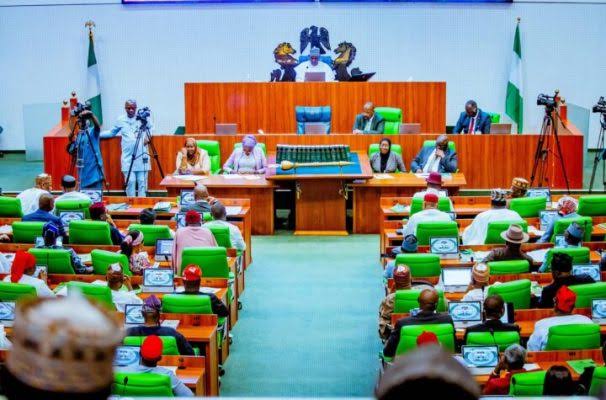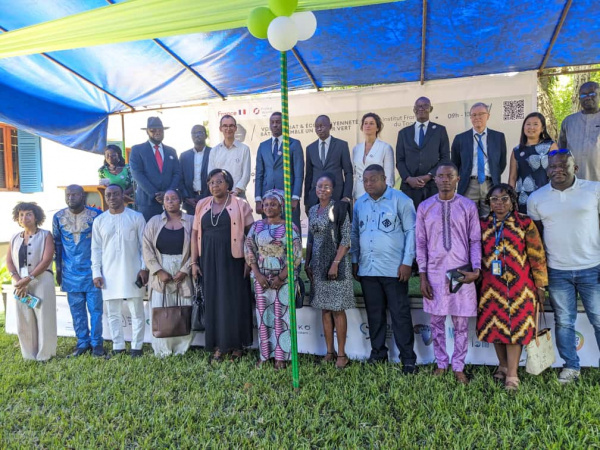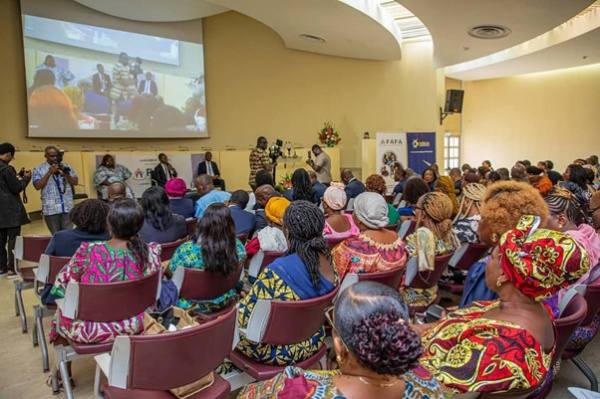The Nigerian House of Representatives has approved four key tax reform bills, signaling a significant step towards modernizing the nation’s fiscal framework and potentially improving its attractiveness to foreign investment. The passage of these bills is largely credited to the leadership of Rt. Hon. James Abiodun Faleke, Chairman of the House Committee on Finance, who guided the reforms through extensive consultations and legislative scrutiny.
The newly approved legislation includes the Nigeria Revenue Service (Establishment) Bill, the Nigeria Tax Bill, the Nigeria Tax Administration Bill, and the Joint Revenue Board (Establishment) Bill. These bills are designed to overhaul Nigeria’s tax system, enhance revenue collection efficiency, and foster sustainable economic growth. The reforms aim to create a more predictable and transparent tax environment, which is crucial for attracting foreign direct investment and promoting investor confidence.
One notable aspect of the reform is the decision to maintain the Value Added Tax (VAT) rate at 7.5%, rejecting proposals for an increase. This decision reflects a commitment to economic stability and a sensitivity to the potential impact on consumers and businesses. The introduction of a revised VAT distribution formula – 50% equally among states, 20% based on population, and 30% based on consumption – seeks to address regional disparities and ensure a fairer distribution of revenue. This could lead to more balanced development across the country.
The reforms also address culturally sensitive issues, such as inheritance tax. The updated provision stipulates that taxation applies only when inherited assets are reinvested in income-generating activities. This approach aims to respect traditional and religious values while ensuring that taxable income is appropriately levied, demonstrating a nuanced understanding of the Nigerian context.
Hon. Faleke has emphasized the urgent need to update outdated tax legislation, some of which dates back to 1959, to align with contemporary economic realities and support national development. He stated that modernizing the tax laws is essential for ensuring sustainable development and attracting the investment needed to drive economic growth.
The passage of these bills has been welcomed by various stakeholders, including Speaker Rt. Hon. Tajudeen Abbas, who praised the Finance Committee’s thorough work. As these bills move towards final enactment, Hon. Faleke’s leadership highlights a proactive approach to legislative reform, with the goal of creating a more equitable, efficient, and investor-friendly tax system that supports Nigeria’s long-term growth and prosperity. The implementation and effectiveness of these reforms will be closely watched by international investors and economic observers.









